Brideshead Revisited, by Evelyn Waugh.
The Color Purple, by Alice Walker.
The Kite Runner, by Khaled Hosseini.
In the Night Kitchen, by Maurice Sendak.
Are You There God? It’s Me, Margaret, by Judy Blume.
Each of the above is, for most people, safely tucked away in the pantheon of “good books.” But that hasn’t stopped each from seeming, for others, bad enough to ban. They’re all on the American Library Association’s lists of challenged books, which the organization is promoting in honor of Banned Books Week (Sept. 21–27, this year), a celebration of the fact that speaking out against censorship has caused most American attempts at book-banning, by their estimation, to fail.
Even so, a quick look at those lists reveals that banning books is very much not a thing of the past — and that, as an expert on the effects of book banning told TIME for a 1981 story about the rise of the practice, “nothing is safe.” As that article pointed out, the range of books that have been banned in the U.S. includes not only literary classics but also the dictionary, because “some organizations … objected to the sexual intimations of the definition of the word bed as a transitive verb.” (Even TIME itself has been a banned “book,” though that was in Europe during the early months of World War II.)
Part of the reason why book banning remains so prevalent in the U.S. is that the challenges to books happen mostly on a local level. The federal government stays out of it, but individual schools and libraries are, as TIME put it in that 1981 story, “eager to protect everybody from hazards like ugly words, sedition, blasphemy, unwelcome ideas and, perhaps worst of all, reality.” Still, TIME explained, just because each ban only affects a small portion of the population, that doesn’t mean the bans don’t add up:
Written words running loose have always presented a challenge to people bent on ruling others. In times past, religious zealots burned heretical ideas and heretics with impartiality. Modern tyrannies promote the contentment and obedience of their subjects by ruthlessly keeping troubling ideas out of their books and minds. Censorship can place people in bondage more efficiently than chains.
Read the full 1981 story about the increasing incidence of book banning, here in TIME’s archives: The Growing Battle of the Books
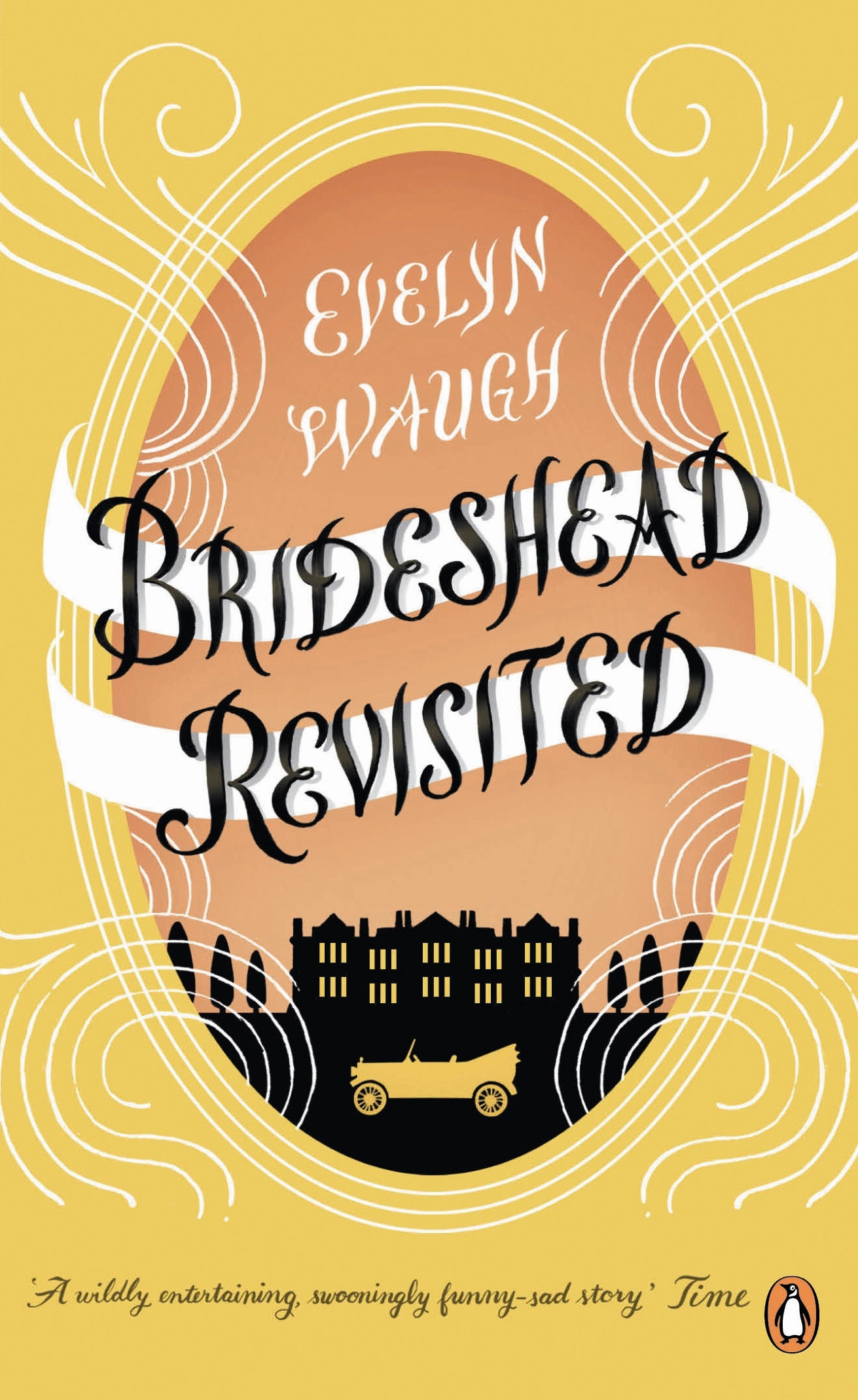
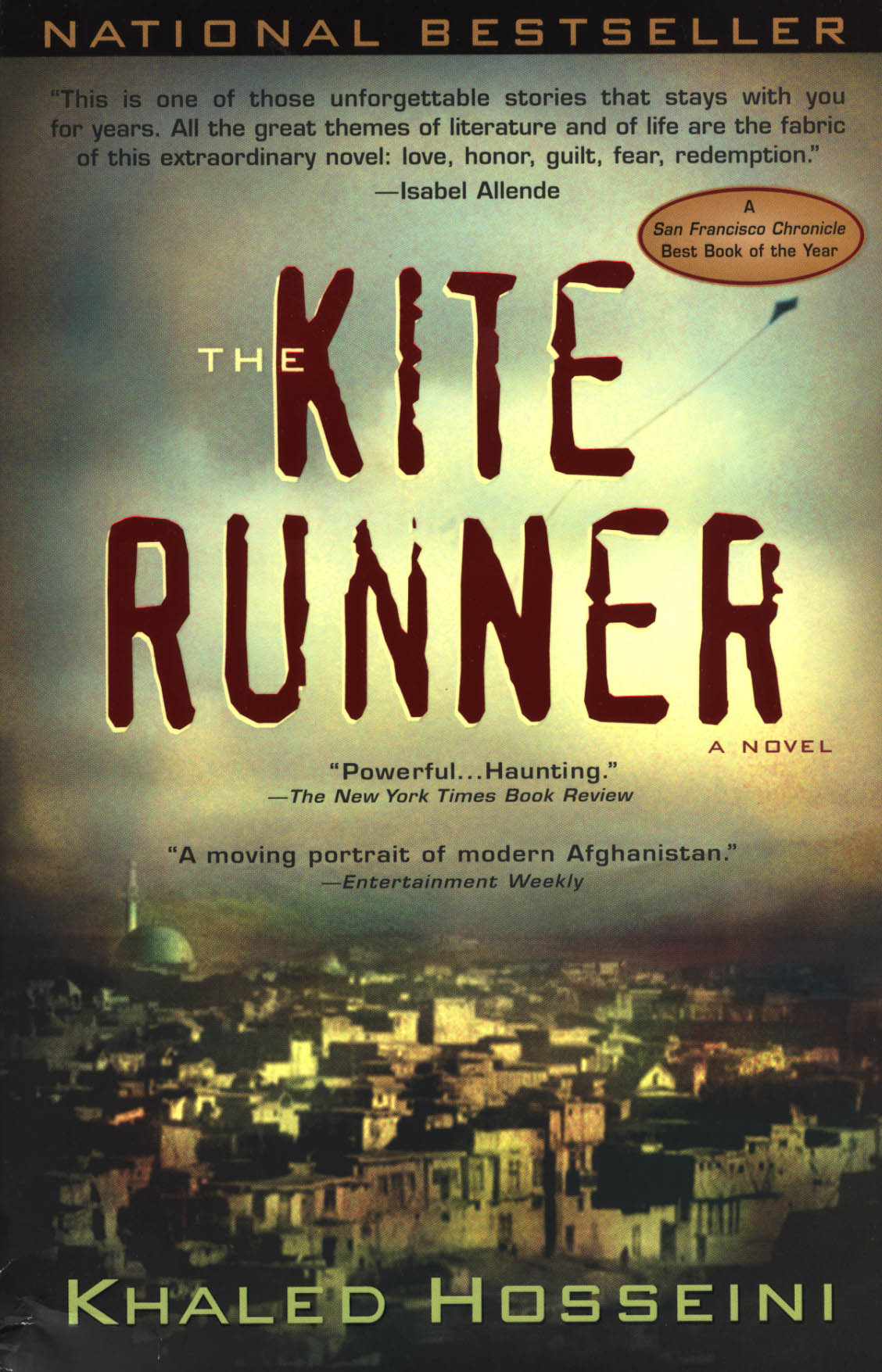
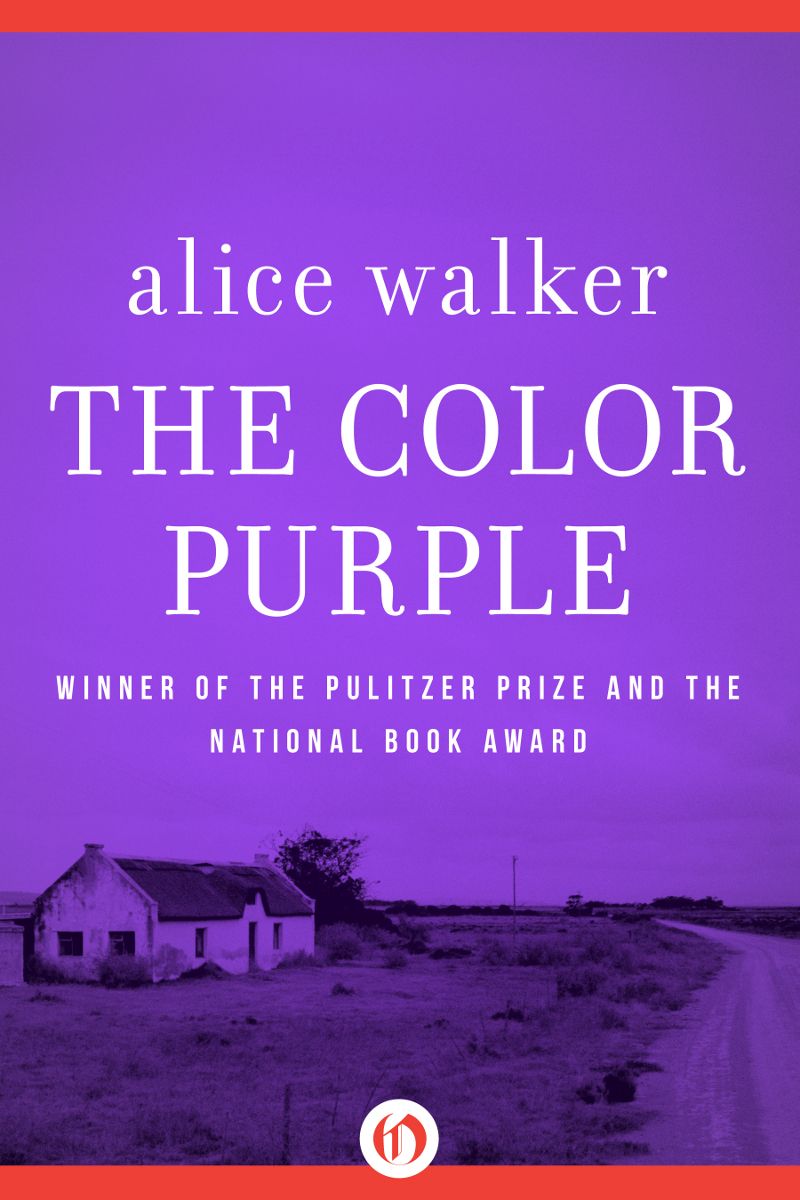
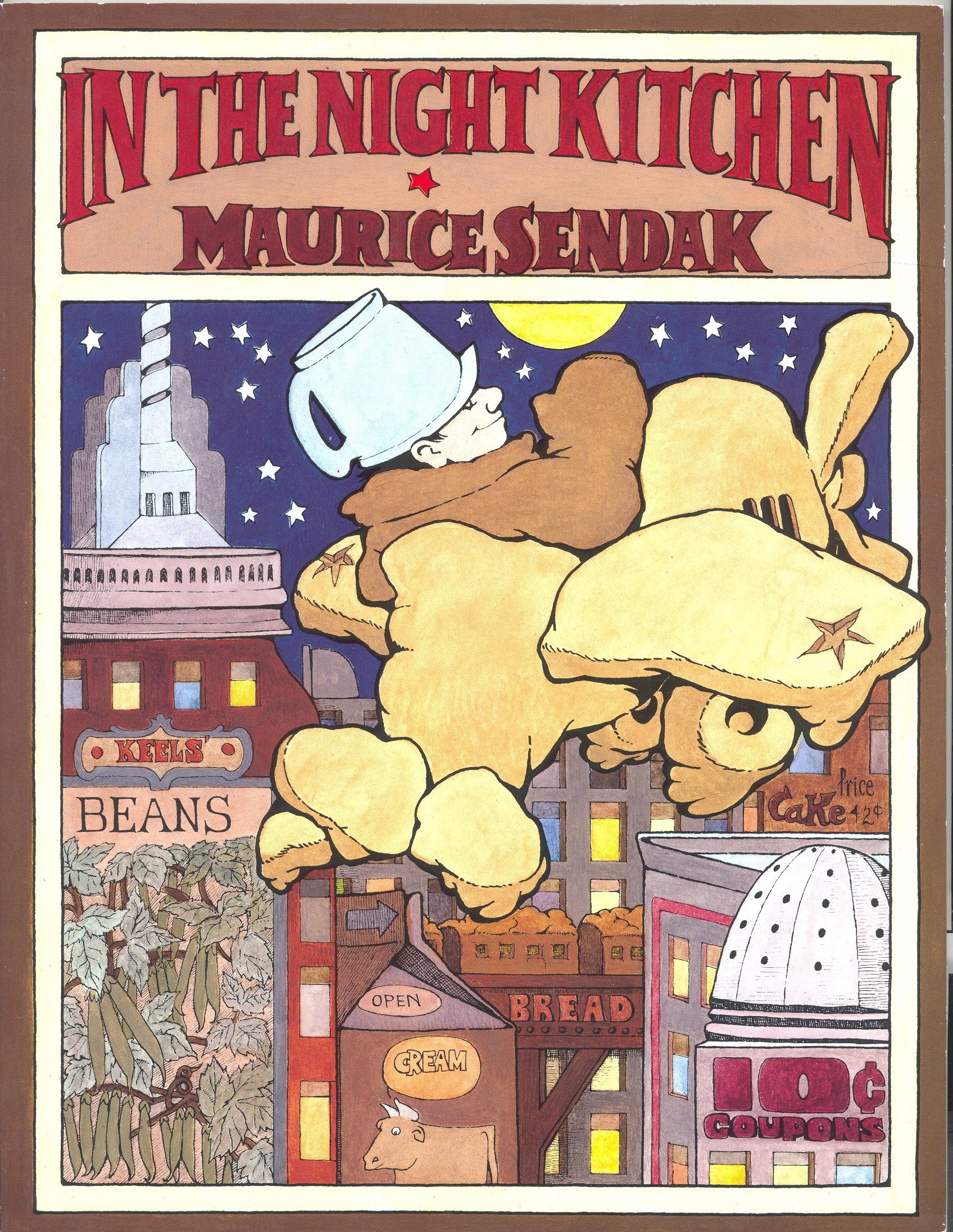
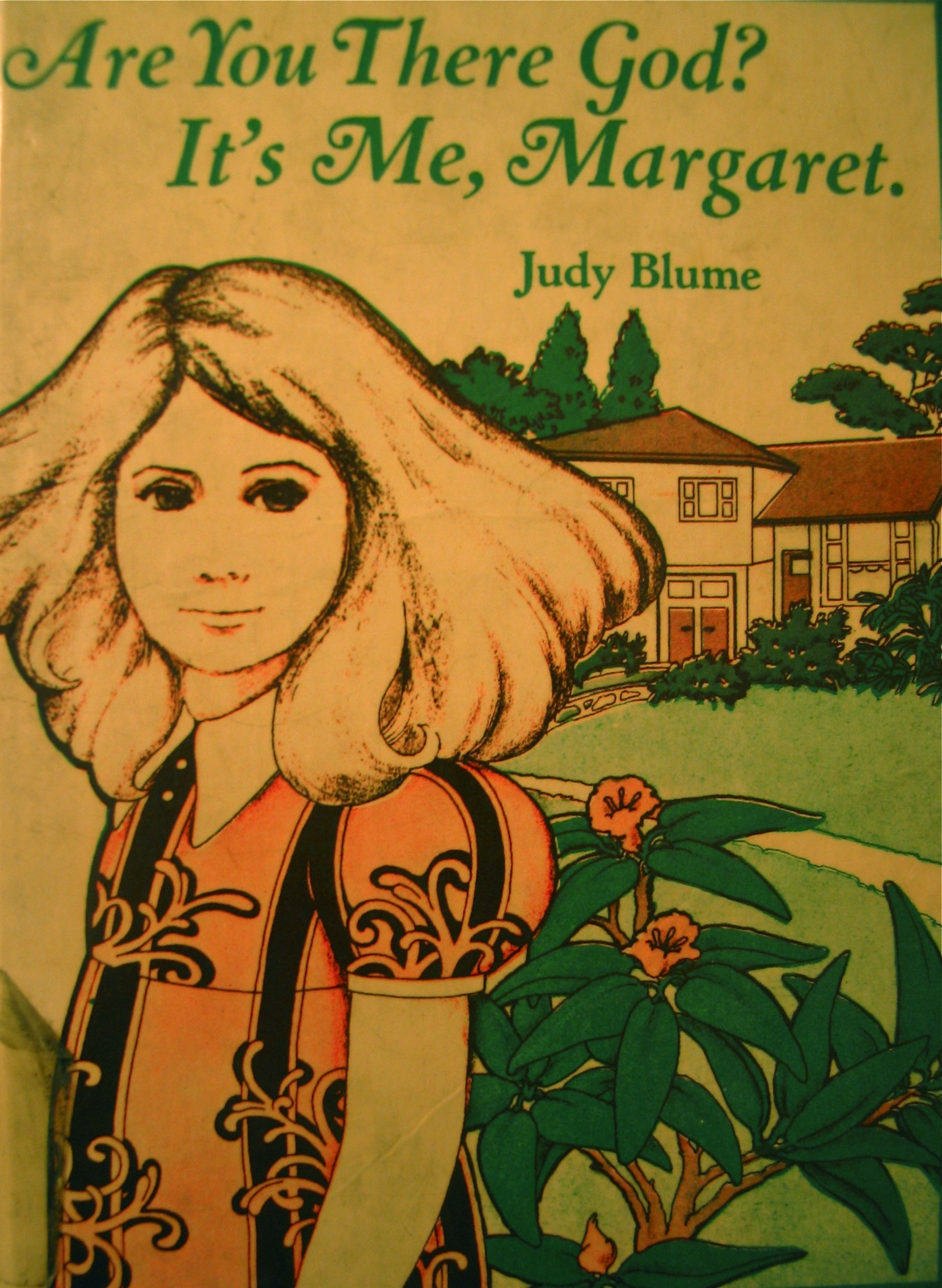
More Must-Reads from TIME
- Why Biden Dropped Out
- Ukraine’s Plan to Survive Trump
- The Rise of a New Kind of Parenting Guru
- The Chaos and Commotion of the RNC in Photos
- Why We All Have a Stake in Twisters’ Success
- 8 Eating Habits That Actually Improve Your Sleep
- Welcome to the Noah Lyles Olympics
- Get Our Paris Olympics Newsletter in Your Inbox
Write to Lily Rothman at lily.rothman@time.com